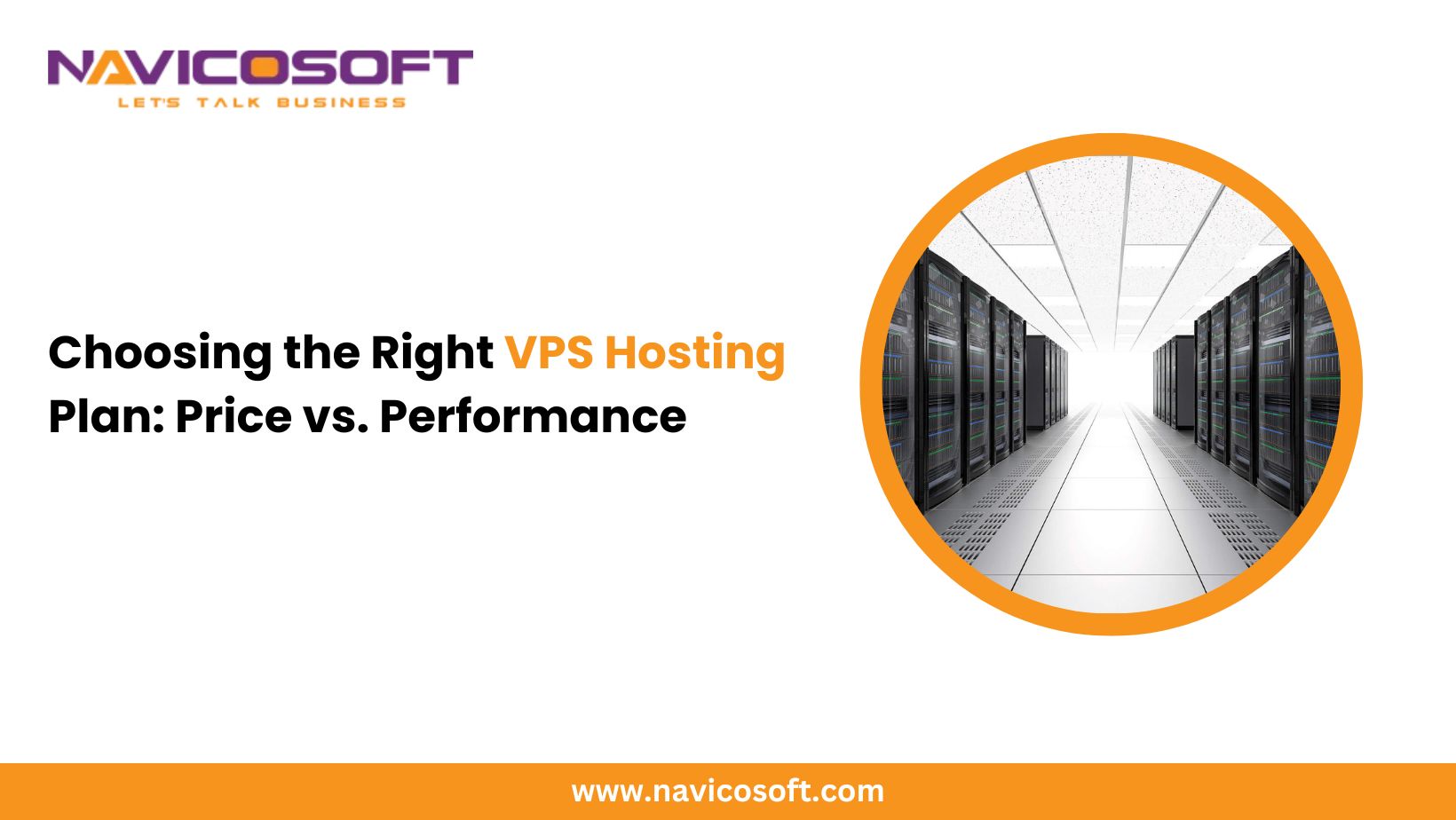In today’s digital age, having a reliable web hosting plan is crucial for any website or online business. One popular option is Virtual Private Server (VPS) hosting, which provides a balance between affordability and performance.
However, when choosing the right VPS hosting plan, there’s a delicate balance between price and overall performance. So, in this article, we will explore the crucial factors to consider when choosing a VPS hosting plan and how to strike the perfect balance for your specific needs.
Understanding VPS Hosting
VPS hosting is a virtualized server that operates on a physical server but behaves similarly to a dedicated server. It offers more control, security, and customization than shared hosting without the high costs of dedicated hosting.
Hence, with a VPS hosting plan, your website is allocated dedicated resources such as CPU, RAM, and storage, ensuring better performance and scalability. Therefore, choosing the right VPS hosting is vital for optimal performance when building a successful website.
Evaluating Performance
Performance is an analytic aspect of any hosting plan. When it comes to VPS hosting, several key factors contribute to overall performance:
CPU (Central Processing Unit)
- Think of the CPU as the engine of your VPS. It executes instructions and calculations required for your website to function.
- Choose a plan with adequate CPU cores and processing power based on your website’s computational needs. Moreover, a dual-core CPU might suffice for simple websites, but complex web applications may require quad-core or more.
- Consider the CPU’s clock speed; higher clock speeds can quickly process instructions, improving website responsiveness.
RAM (Random Access Memory)
- RAM is the workspace where your VPS stores and processes data temporarily.
- Sufficient RAM ensures your server can run multiple applications and handle simultaneous requests efficiently.
- For a content-heavy website or an e-commerce platform, having at least 2GB of RAM is recommended. However, more RAM is beneficial for more extensive and busier websites.
Bandwidth
Bandwidth controls how much data can be transferred between your website and visitors. However, opt for a VPS hosting plan with sufficient bandwidth to accommodate your website’s anticipated traffic.
Uptime Guarantee
Look for a provider that offers a high uptime guarantee, ideally 99.9% or above. Hence, this ensures that your website will remain accessible to visitors consistently.
Scalability Options
Scalability refers to the ability to easily upgrade your hosting plan as your website’s needs evolve. It is also one of the central factors helping in choosing the right VPS hosting plan.
Therefore, selecting a cheap VPS hosting plan that allows you to scale up resources seamlessly when your website experiences higher traffic or business growth is crucial. Hence, flexible scalability eliminates the need for migration and downtime, saving time and effort.
Server Management
VPS hosting plans can differ in terms of server management. There are two primary options:
- Managed VPS Hosting: The service provider handles server management tasks such as updates with managed hosting—such as security patches and backups, allowing you to focus on your website content and business.
- Unmanaged VPS Hosting: Unmanaged hosting puts the responsibility of server management on you. So, you have complete control but must handle server updates, security, and routine maintenance independently. However, this option suits those with advanced technical skills and desire more control.
- Consider your level of technical expertise and availability of internal resources before deciding which management option best suits your needs.
Customer Support
Technical issues can arise anytime, so choosing a VPS hosting provider that offers reliable and responsive customer support is vital. Look for 24/7 support through multiple live chat, email, or phone channels.
Additionally, I read reviews and testimonials to gauge the provider’s reputation for resolving customer issues promptly and efficiently.
Server Location
The physical location of your VPS server can significantly impact website performance. Therefore, choose a server location closer to your target audience.
This reduces latency and ensures faster loading times for your users. In brief, server location is particularly crucial for businesses with a global reach.
Pricing Models
Pricing is often the deciding factor when choosing a hosting plan. Providers typically offer different pricing models, including:
- Monthly: Pay month-to-month, allowing for greater flexibility but often at a higher cost.
- Annual: Commit to a yearly plan with a reduced monthly rate, providing long-term stability and potential savings.
- Contract Length: Some providers offer discounts for more extended contracts, such as two or three years. While this may yield savings, ensure that you are confident in the provider’s services before committing to an extended period.
Certainly! Let’s delve deeper into each aspect of choosing the right VPS hosting plan, focusing on price and performance considerations.
Reputation and Reviews
Before finalizing your VPS hosting plan, thoroughly research and consider the provider’s reputation and read customer reviews. However, trusted third-party review sites can provide insights into the provider’s performance, customer satisfaction, and reliability. So, consider positive and negative reviews to evaluate factors critical to your needs.
Comparing Hosting Plans
Now that we’ve covered the essential factors to consider let’s explore the different types of VPS hosting plans:
- Entry-Level Plans: These are the most budget-friendly options, ideal for small websites, blogs, or personal projects. They provide essential resources but lack the performance needed for larger businesses or resource-intensive applications.
- Mid-Range Plans: These plans strike a balance between cost and performance. They are suitable for growing websites and businesses. So, you’ll typically have dedicated resources like RAM and CPU cores, ensuring a smoother user experience.
- High-Performance Plans: Designed for resource-intensive applications, high-performance VPS plans offer the best in terms of speed and reliability. Furthermore, they come with SSD storage, ample RAM, and high CPU allocations, making them suitable for large e-commerce sites and demanding applications.
Making the Decision
Choosing the right VPS hosting plan aligns your choice with your specific requirements. Also, assess your website’s needs, budget constraints, and growth potential. Consult with hosting providers to get personalized recommendations based on your unique circumstances.
When searching for cheap VPS hosting, it’s essential to remember that affordability usually isn’t available at the expense of reliability and performance.
Conclusion
Choosing the right VPS hosting plan requires careful consideration of multiple factors. In addition, balancing price and performance is crucial, as a low-priced plan may compromise your website’s speed and stability. Hence, evaluate performance metrics, scalability options, server management choices, and customer support availability.
Also, with pricing models and reputation, you can make an informed decision and select a VPS hosting plan that best suits your requirements. So, remember, a well-chosen VPS hosting plan is an investment in your online success.



